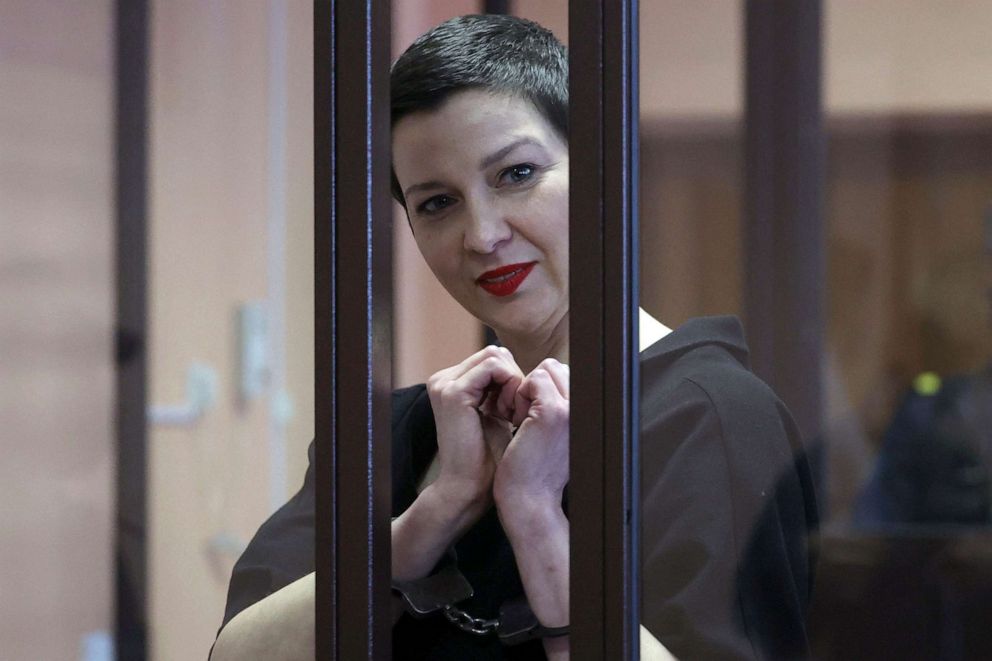Belarus has been in the news for quite some time now, and for all the wrong reasons. The country has been in a state of political turmoil since the disputed presidential elections in August 2020. The incumbent president, Alexander Lukashenko, was declared the winner, but the opposition and many international observers claimed that the elections were rigged. Since then, there have been widespread protests and a crackdown on dissent by the authorities.
One of the most concerning aspects of the situation in Belarus is the fate of political prisoners. According to human rights organizations, there are currently more than 600 political prisoners in Belarus, including opposition leaders, activists, journalists, and ordinary citizens who have been arrested for participating in peaceful protests. Many of these prisoners have been subjected to torture and other forms of mistreatment while in detention.
The families of these political prisoners are understandably worried about their loved ones’ safety and well-being. However, their concerns have been compounded by the fact that communication with their imprisoned family members has been cut off. The authorities have reportedly been blocking phone calls, letters, and visits to the prisoners, leaving their families in the dark about their condition.
This lack of communication is not only distressing for the families but also violates their basic human rights. The United Nations Standard Minimum Rules for the Treatment of Prisoners state that “prisoners shall be allowed under necessary supervision to communicate with their family and reputable friends at regular intervals.” Denying prisoners this right is a clear violation of international law.
The Belarusian authorities have defended their actions by claiming that they are necessary for security reasons. They argue that the political prisoners are a threat to national security and that their communication with the outside world could be used to coordinate further protests or even acts of terrorism. However, this argument is not convincing, as there is no evidence to suggest that the political prisoners pose any such threat.
The international community has expressed its concern about the situation in Belarus and called for the release of political prisoners. The European Union has imposed sanctions on Belarusian officials responsible for human rights abuses, including the blocking of communication with political prisoners’ families. However, these measures have not yet had the desired effect, and the situation remains dire.
In conclusion, the growing concern for families of Belarusian political prisoners as communication is cut off is a worrying development in an already troubling situation. The denial of basic human rights to prisoners and their families is unacceptable and must be addressed by the Belarusian authorities. The international community must continue to put pressure on Belarus to release political prisoners and respect human rights. Only then can we hope for a peaceful resolution to the crisis in Belarus.



